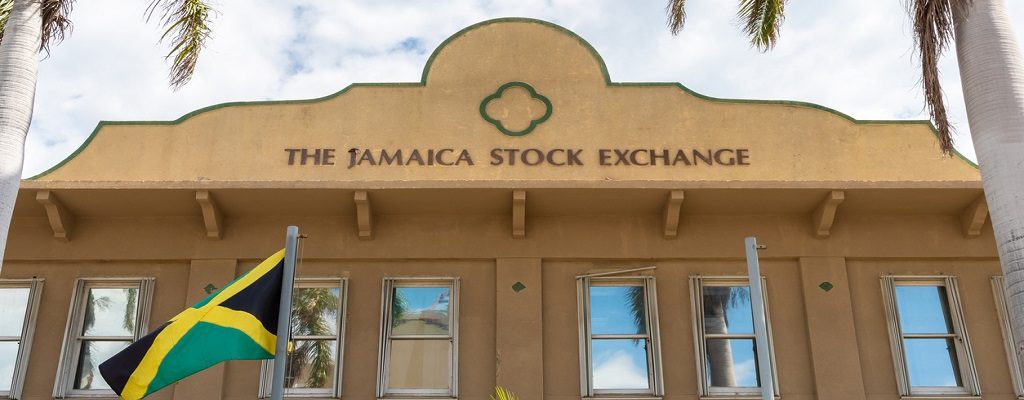
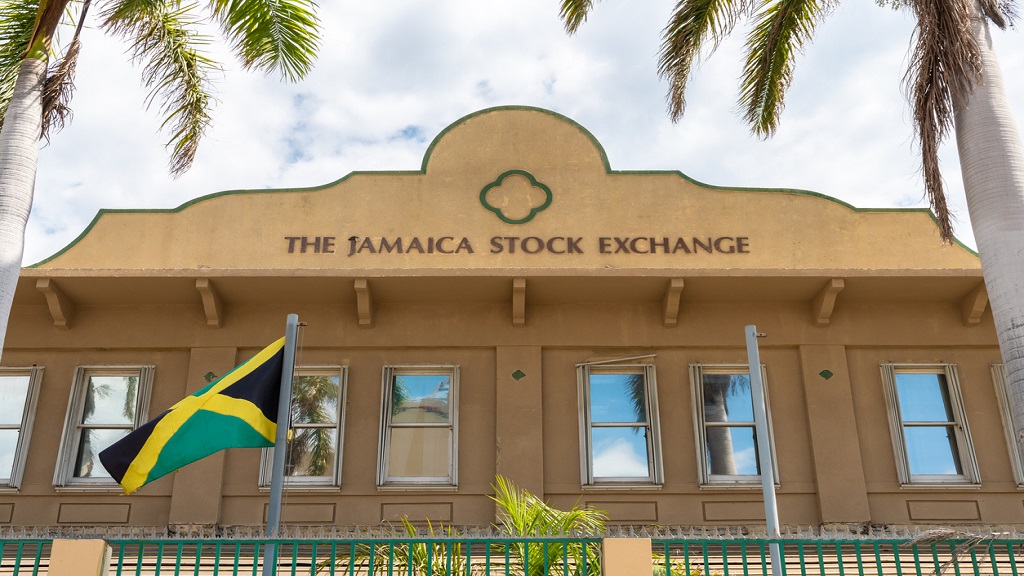
A few years ago, the Jamaican stock exchange was hailed as one of the best performing bourses in the world.
Everywhere one went, Government officials and business leaders would proclaim this. Even the esteemed Bloomberg agreed with this assessment.
Happy days.
Today, the Jamaican stock market is one of the worst-performing and has fallen off a cliff.
It has declined 10 per cent on last year, down J$80 billion and has seen J$90 billion wiped out in value. It now has a market capitalisation of J$1.68 trillion.
There’s not a lot to sing and dance about.
It may very well be the case that those giddy times have corrected themselves and the fall out from COVID, higher inflation and interest rates are now weighing heavily on returns from equities
To make any real money one would perhaps be better off being a punter with one of Supreme Ventures’ lottery games.
A closer look at the Jamaican stock market in 2023 may reveal why it fell so precipitously.
Financial services companies dominate the listings and they for the most part had a terrible year. ( Fair value losses, inflation, high interest rate regime). The exception was Scotia Group Jamaica which had a fabulous year, reporting stellar earnings and firing on all cylinders with all its revenue arms. Sagicor’s saving grace was insurance and NCB took a big hit while it recalibrates. Some say there are too many financial sector players in the market and that the pie is simply too small to keep every belly full.
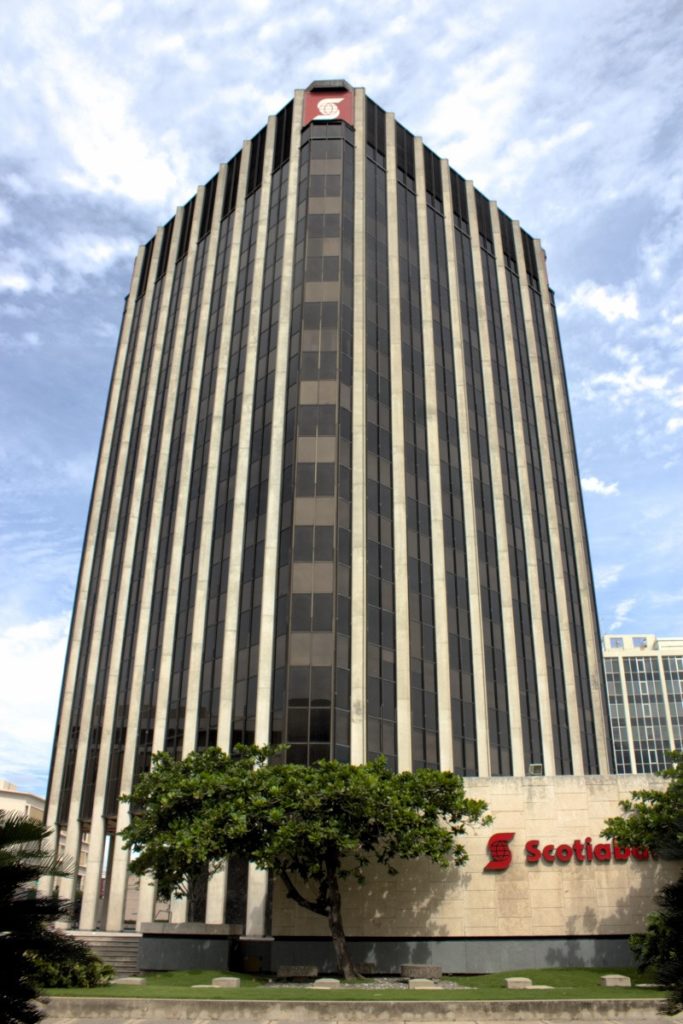
The majority of the listed companies across the indices are finance services players with a certain level of interconnectivity. There are no tech companies and the lack in diversity of industries is telling. Jamaican investors are unwilling to take a chance if a business is not in finance, construction or food manufacturing. That lack of appetite was always going to come back and bite.
Here’s what the IMF had to say about the level of interconnectivity in Jamaica’s financial sector in its October 2019, Sixth Review under the Stand-by Arrangement: “ The increasing complexity and interconnectedness of the financial sector warrants further efforts to improve oversight.
“Significant progress has been achieved in safeguarding financial stability. However, the growing complexity and regional interconnectedness of the financial sector calls for enhanced group-wide supervision and resources devoted to it, better data gathering and analytics, greater coordination among financial regulators, an improved legislative framework for the resolution of financial intermediaries and further investments in AML/CFT capabilities.
There may be trouble ahead.
The Stocks and Securities Limited (SSL) fraud drama has made investors wary of the financial sector more so with the regulators and police unable to make any headway and bring the perpetrators to book.
Then there are the incessant cases of scammers and security breaches which begs the question, how safe is your money and personal details at these Jamaican companies? If Jamaica’s greatest son Usain Bolt can lose US$12 million, what about little old me? Who is even going to care?

Last year there were so many instances of listed companies consistently late in submitting financial statements to the JSE. Here, the JSE must do better in ensuring this does not happen on a regular basis. It has to crack the whip.
Governance and oversight must be made a priority.
Rezworth Burchenson has aways been an astute operator and is an experienced head. Back in 2006 as the Managing Director of Prime Asset Management he said: “ The level of corporate disclosure has to be increased. I have seen companies come to Mayberry forums and the level of presentation is sadly lacking.
“Most analysts would ask questions but the responses do not give the investing public any confidence or any information for persons to properly analyse companies. I want to encourage CEOs and board members to ensure that the level of corporate disclosure does improve.
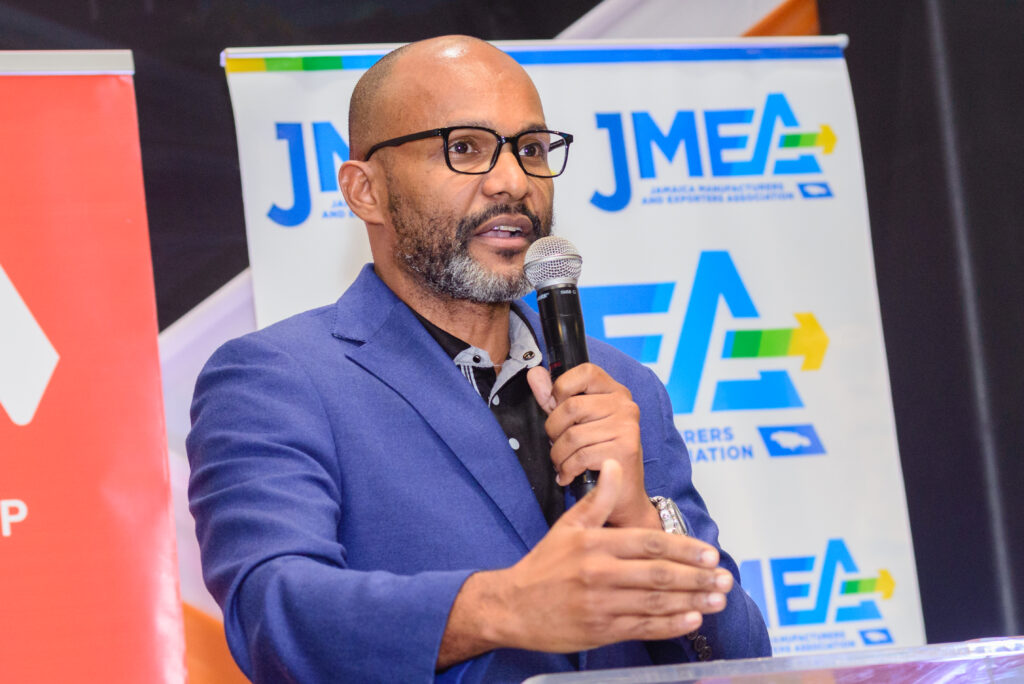
“I would have thought the JSE would have reviewed its rules to try and build a more liquid market, a more efficient and a more transparent market to conform with best practices internationally.”
Rez was right then and he is right now.
Another issue is thin liquidity and the lack of impact that historically and news has on the Jamaican stock market. Most times the movements are inexplicable. If big players like Michael Lee Chin picked up their phone and made trades it could fundamentally alter the market.
Liquidity is still a big issue for the JSE. Group CEO of GraceKennedy Don Wehby has regularly pointed the liquidity shortcomings of the Caribbean stock exchanges. Explaining in March 2022, why Grace delisted from the Barbados Stock Market, Wehby said: “The delisting from the BSE has nothing to do with Barbados or its economy. It more has to do with the liquidity of the various exchanges in the Caribbean.
“For over 15 years now, I have been calling for one Caribbean stock exchange because I believe it can increase the market capitalisation of all listed companies in the Caribbean.What we found in Barbados was the liquidity was very low and it did not make sense to continue to list.
“ The fundamental problem we have in the Caribbean is that markets are too fragmented. I believe the way to go is to have one stock exchange, the Caribbean Stock Exchange, where all companies are listed. This will attract new investments and create a deeper market with the liquidity being there.”
With Jamaican equities being in retreat for two years now, it may be a good time to snap them up and wait for better days. Some are predicting a bounce in 2025. Both the World Bank and Mastercard are of the view that growth will be very anaemic this year and that economies will stagnate.
Investing is a long term game. It not about flipping great returns the very next day.
It is interesting to note the number of companies engaging in share buy-backs Recently these include Kingston Properties, Sygnus Credit Investments, Epply Caribbean Property Fund, First Rock, JMMB, Grace. Given the environment, perhaps they see an opportunity to drive the multiples of the stock which would in turn raise value for shareholders.

But while Jamaican stocks tanked last year, the US market has been on fire, reporting strong returns even with rising interest rates. The S&P rose over 24 per cent (due in the main to AI and big tech) , with the longest weekly winning streek since 2004. Dow Jones posted a 13.7 per cent gain in 2023. Nasdaq was up 43.4 per cent, the highest annual gain since 2010.
The pan-European index rose 15.6 per cent compared to a loss of 10 per cent in 2022.
Latin American equities rose 25 per cent with Mexico being the best performing market followed by Brazil.
Chinese equities declined by 13.3 per cent last year.
Closer to home, the Trinidad & Tobago Stock Exchange with a market cap of TT$102 Billion (US$17 Billion) declined by 10 per cent year on year. The Barbados Stock Exchange with a market cap of Bds $5 billion( US$2.38 billion) also dropped.


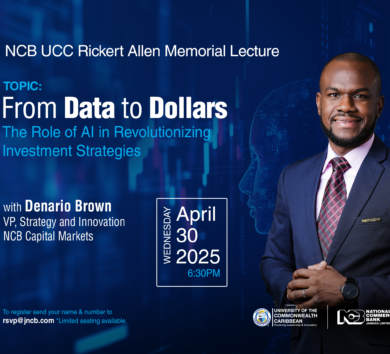




Comments